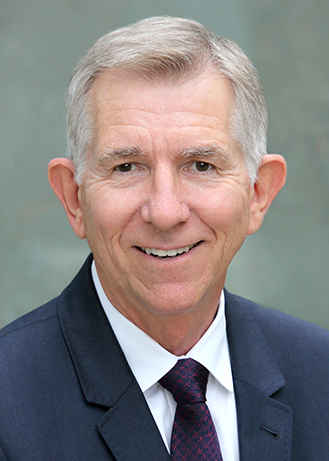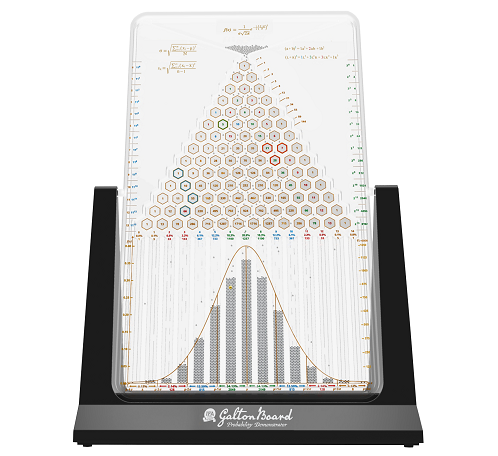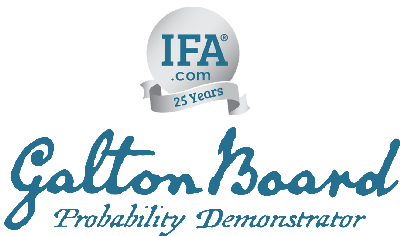Individual retirement accounts are popular tax-friendly ways to build a retirement nest egg. An important caveat exists, however. Namely, traditional retirement account savers must start taking so-called required minimum distributions, or RMDs, after reaching a certain age.
The latest set of reforms passed by Congress sets those age requirements as follows:
- For those born between 1951-1959, RMDs start at age 73.
- Likewise, the RMD starting age is increased to 75 for those born in 1960 and later.
- For those born before 1951, the new rules aren't expected to increase RMD start dates from the previous age 72 requirement.
Missing annual deadlines for making RMDs can wind up triggering a 25% penalty on withdrawals. In certain situations — and pertaining to specific circumstances — late penalties can be reduced to 10%.
As a result, if you've got any savings in a traditional IRA or an employer-sponsored retirement plan like a 401(k) or 403(b) plan, it's important to consider your options.
A bit of background: The precise RMD amount is calculated by the IRS using an age-based formula. That total can be obtained through your IFA advisor or custodian such as Schwab or Fidelity. Also, it's important to note that Roth IRAs aren't normally subject to annual RMDs. Likewise, starting in 2024, Roth 401(k) savings will also be exempt from the RMD requirements.
Given such a backdrop, let's take a deeper look at three overarching strategies that can be applied to RMD withdrawals:
Cash Withdrawal
In this strategy, you simply sell retirement account assets to raise the amount required. It's important to understand, though, that taxes aren't required to be withheld from that total. But you can ask for federal and state taxes to be held back at a specified percentage.
The proceeds from such an IRA withdrawal can be taken as a lump sum or received on a prorated basis, monthly or quarterly. We find that most of our clients prefer to be set-up to take these distributions directly into their checking accounts. (Taxes on RMDs are calculated at your ordinary income tax rate.)
Qualified Charitable Contribution (QCD)
This is an important consideration. The Qualified Charitable Distribution means any portion of the RMD up to $100,000 (per person) for those aged 70.5 years and older can be given this year to a qualified charity without being subject to taxes. In certain situations, such a QCD can be counted as part of any RMD total for the year.
Custodians IFA uses to hold client assets — i.e., Schwab and Fidelity — will now provide check books for IRA accounts. Just let your advisor know if you would like check-writing privileges on your IRA account.
Also worth keeping in mind: As it stands now, missing annual deadlines for making RMDs can trigger a 50% penalty on withdrawals not made by such cut-off dates. Starting in 2023, however, legislation approved by Congress created new opportunities for taxpayers to lower such a tax ding to 25%. (In certain situations — and pertaining to relatively specific circumstances — late penalties can be reduced to 10%.)
For more detailed information on current RMD strategies and penalties, see: "Six Tips to Avoid End-of-Year Tax Headaches."
Transfer of Shares
Some of our clients don't need additional IRA money to live on. As a result, they often choose to transfer the appropriate number of shares from a traditional IRA to their taxable account. If you choose to do this, you will still owe taxes on the RMD amount, but you won't have cash sitting in a savings account earning very little.
Again, all RMDs must be taken by December 31st of each year to avoid a tax penalty, which can range anywhere from 10% to 25%.
Before implementing any RMD withdrawal strategy, we encourage you to reach out to an IFA wealth advisor and your personal tax expert. If nothing else, another set of objective eyes can help make sure you're executing a well-considered plan of attack.
IFA Taxes — our tax planning and accounting division — works with IFA clients as well as other taxpayers and business owners. Initial consultations are free and CPA Lisa Rimke typically charges per project, not on an hourly basis. You can contact her directly at: [email protected]. You can also get in touch with IFA Taxes by calling us at: 888-643-3133.
This is not to be construed as an offer, solicitation, recommendation, or endorsement of any particular security, product or service. There are no guarantees investment strategies will be successful. Investing involves risks, including possible loss of principal. This is intended to be informational in nature and should not be construed as tax advice. IFA Taxes is a division of Index Fund Advisors, Inc.














